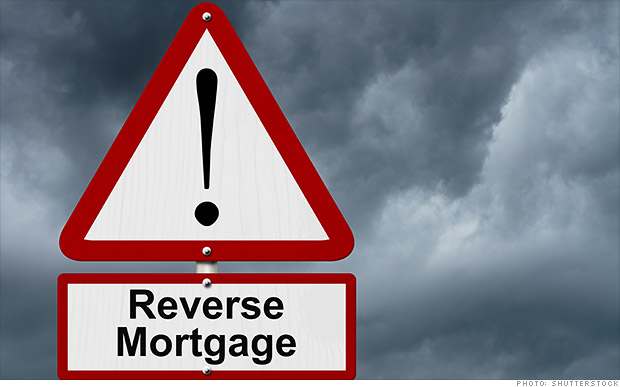A recent study confirms that seniors become more confident in their ability to make financial decisions at the same time that their financial knowledge and decision making skills are declining... an ominous combination.
"Although episodic memory and financial literacy score decline at roughly the same rate after age 60, confidence in financial decision-making ability remains relatively unchanged with age. The percentage of overconfident respondents with high self-assessed ability and low objective literacy scores increases from about 10% in the 60s to higher than 30% among respondents over 85."
The likelihood of being overconfident with one’s financial knowledge increases with age. Each year of age after 60 increases the likelihood of having high confidence and low financial literacy scores by 7 %. Higher levels of education are associated with a much lower likelihood of overconfidence, as are being male and white."
"Recognition of diminished investment skills may increase demand for annuitization or the delegation of important financial decisions to a trusted advisor. However, our study finds that, in aggregate and within all financial decision-making domains, advanced age increases overconfidence in
financial decision-making abilities. The largest marginal effects are within the investment and insurance topic areas."
Similarly, "older drivers generally do not perceive a decline in their driving skills despite a predictable deterioration in sensory ability with advanced age."
Researchers Finke, Huston, and Howe: Old Age and the Decline in Financial Literacy, published in:
Management Science. Abstract available at:
https://papers.ssrn.com/sol3/papers.cfm?abstract_id=1948627
Photo © Max Blain | Dreamstime Stock Photos









